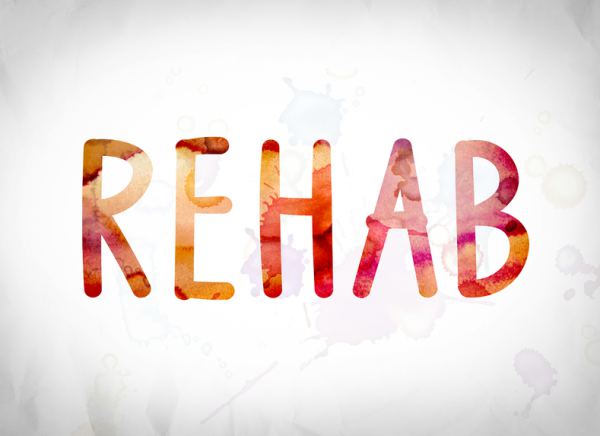Keys to Success in Drug Rehab

Every addicted person imagines what life would be like if they were clean and sober. They think about how their lives could improve in terms of fractured families reunited, jobs regained, and the world made new again.
However, making the decision to go to rehab is difficult. Staying in rehab is even harder, as the body and mind detox and you start to rebuild a life without the numbing sensation of the drug of choice. Many people never make it to rehab. Many others do not make it through the program. Some “graduate” only to relapse later on.
Developing a strategy to make rehab successful is crucial. This article explores five key factors to help you make the most of your stay in Washington State drug rehab and get on the road to long-term recovery.
5 Strategies for Making Your Time in Rehab Successful
There is truth in the Alcoholic Anonymous (AA) credo, “It works – if you work it.” Drug rehab starts when you walk through the doors, but the hard work of achieving recovery just begins at that point. There are weeks of hard work ahead, but it all begins with that first step. Here are five important strategies for making your stay in rehab successful:
- The first is to be 100 percent committed to your sobriety. There will be days that will test your strength of will to achieve your goals. Your motivation to change got you in the door and the programs within will help you succeed. But the internal fortitude to stick it out cannot come from outside you. It is imperative to focus on that long-term vision of the newly clean and sober you waiting patiently on the other side of rehab.
- The second way to ensure your success is to get involved in the program. This means partaking in group sessions and volunteering for activities. Interact with other people in positive ways. Immerse yourself wholeheartedly in therapies, classes, and treatments. Take the time to really do homework. Talk about what you are learning, and write it down in a journal.
- Take responsibility for the actions that led you to addiction, but do not dwell on your regret. Talk with the therapists and counselors about the experiences the led up to the abusive behavior but then move on. The past is the past. Own your life, but do not wallow in self-regret.
- Follow the treatment plan to the letter. This also means following the rules of the drug rehab facility in which you are enrolled. Being respectful of others, showing up to sessions on time, and meeting treatment goals are all important to being successful.
- Build your support network by involving your significant other, family, and friends whenever possible. Many workplaces have confidential employee assistance programs that can help provide counseling and potentially help you with a strategy for taking time off work to go to drug rehab. There are more people willing to help than you might imagine; sometimes you just have to ask.
If you or someone you love needs help, do not wait even one more minute. Contact us today to learn about your treatment options.




